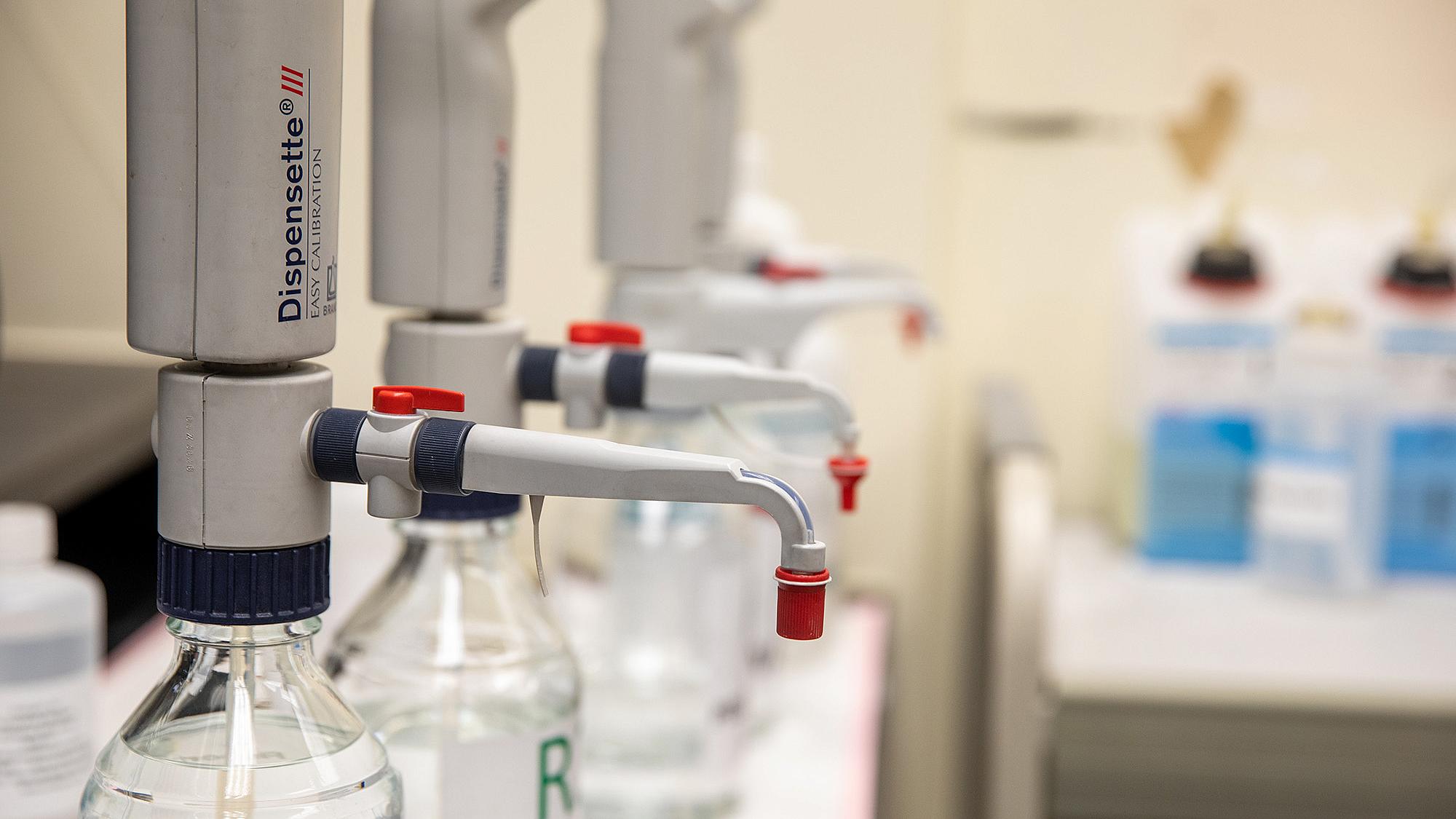

About University of Utah Health
Nationally recognized as a transformative health care system and world-class care provider across the Mountain West
Utah’s Only Academic Medical Center Serving the Mountain West
University of Utah Health is the only academic medical center in the state of Utah and provides patient care for the people of Utah, Idaho, Wyoming, Montana, western Colorado, and much of Nevada. It is also a Tier 1 research institution and serves as the training ground for scientists and the majority of the state’s physicians, nurses, pharmacists, therapists, dentists, and other health care professionals.
University of Utah Health: A Premier Academic Health System
Six Schools & Colleges
Meet Our Leadership
Bob S. Carter, MD, PhD
Bob Carter serves as Executive Vice President for Health Sciences and CEO for University of Utah Health. In his roles leading the health system, Carter works to ensure the professional and educational success of more than 27,000 talented faculty, staff, and students who make U of U Health one of the nation’s premier academic health centers.
Prior to joining the University of Utah in 2025, he served as the William and Elizabeth Sweet Endowed Professor in Neuroscience at Harvard Medical School and Neurosurgeon-In-Chief at Mass General Brigham, Massachusetts General Hospital and Brigham and Women’s Hospital.
A neurosurgical oncologist and prolific researcher, Carter was elected to the National Academy of Medicine in 2024. He received an MD and PhD in epidemiology from Johns Hopkins University and an undergraduate degree in chemistry from Brigham Young University.

Vision for the Future
At University of Utah Health, our work to become a top public university delivering unsurpassed societal impact, is both exciting and challenging. As we—along with other academic health systems nationally—navigate external and internal pressures, we find ourselves at an “inflection point.” With the exponential growth in our state, the stakes are even greater for us to succeed.
To do so, we must evolve from existing as an academic health center to thriving as an academic health system.
We must move toward a culture of integration and sustainable, shared purpose. The future of our system depends on a unified and aligned approach—one that harnesses the synergy of our missions in clinical care, research, and education to maximize our impact locally, nationally, and globally. We are developing a more holistic view of collaboration.
Together, our commitment to research excellence will attract new people and their ideas to drive breakthroughs and advance knowledge. Together, our commitment to meet the growing demand for allied health professionals, pharmacists, dentists, nurses, and doctors will ensure a new generation of care around the state, nation, and globe. Together, our commitment to enhance a network that delivers exceptional, compassionate, high-quality, care will guarantee our communities have access to the services they need across their lifetimes.
By working cohesively—from the front lines to the C-suite and across all our missions—we can extend our reach and impact. This is our path forward.
We invite you all to join us on this journey.
Hospitals, Centers, & Institutes
U of U Health has built a robust and growing research enterprise with a system that both hones specialty expertise and encourages diverse perspectives. Academic centers work across departmental lines to bring together researchers from different departments around shared objectives. They are integral to U of U Health’s renowned ability to foster scientific advances that serve our community and the world.
Other Centers & Institutes
Ascent Center for Reproductive Health
Center for Controlled Chemical Delivery
Center for Interprofessional Simulation-Based Experiential Learning (CISBEL)
Center for Medical Cannabis Research (CMCR)
Center for Medical Innovation (CMI)
Center for Research on Migration and Refugee Integration
Center of Excellence for Exposure Health Informatics
Clinical & Translational Sciences Institute
College of Nursing Simulation Center
Diabetes and Metabolism Research Center
Immunology, Inflammation, and Infectious Disease Initiative (3i)
James LeVoy Sorenson Center for Medical Innovation
Matheson Center for Health Care Studies
Nora Eccles Harrison Cardiovascular Research & Training Institute
Osher Center for Integrative Health
Pharmacotherapy Outcomes Research Center (PORC)
Rocky Mountain Center for Occupational and Environmental Health
Study Design & Biostatistics Center
University of Utah Stillbirth Center of Excellence
Utah Center for Advanced Imaging Research
Utah Center for Promotion of Work Equity Research (U-POWER)
Utah Center for Reproductive Medicine
Utah Clinical & Translational Science Institute (CTSI)
Utah Data Coordinating Center (DCC)














